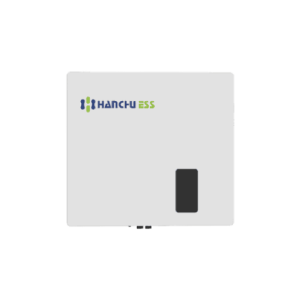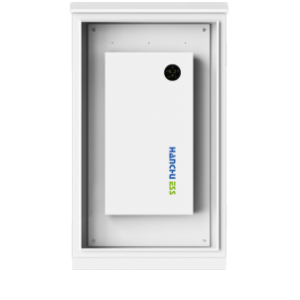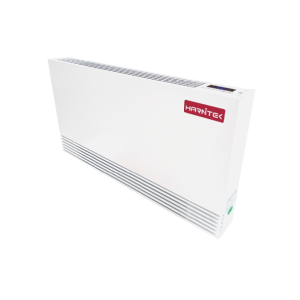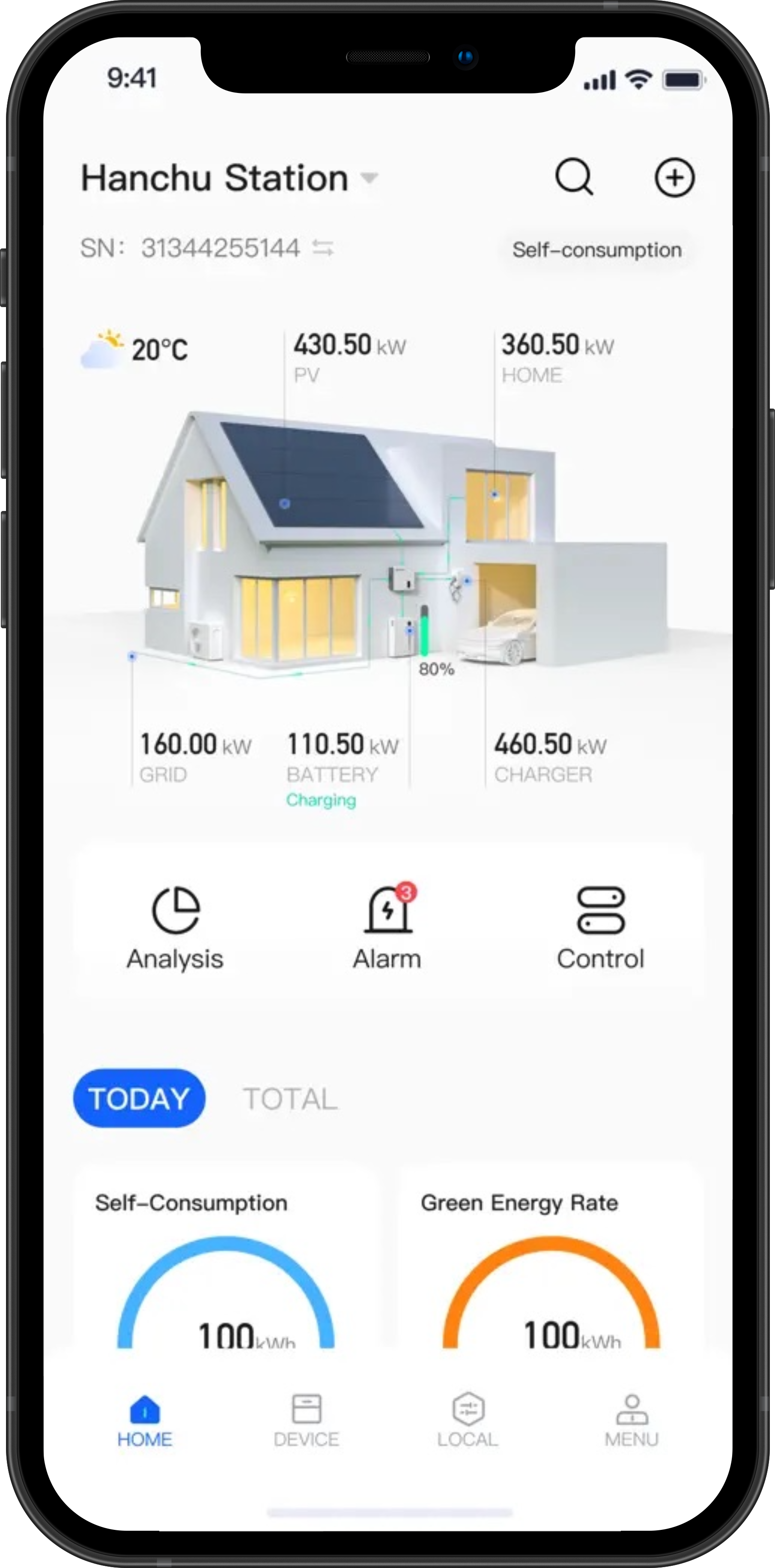As the United Kingdom accelerates to a net-zero future, pressure is mounting on an electrical grid that was never designed for the challenges of the 21st century.
While the vision of a cleaner, smarter energy system is clear, the reality is that the UK’s national grid is struggling to meet modern demands.
In this environment, homeowners are being encouraged not just to consume power, but to become active participants in the energy ecosystem. One of the most practical and empowering ways to do this is by investing in home battery storage.
The UK’s National Grid: A System Under Strain
The UK’s National Grid Electricity Transmission (NGET) is responsible for moving high-voltage electricity from generation sources to regional distribution networks.
It’s an intricate system that has kept the lights on for decades – but much of it is based on infrastructure built in the mid-20th century.
There are several challenges currently affecting the Grid:
Aging Infrastructure
Much of the Grid’s core components are approaching or exceeding their intended lifespan.
The Electrification of Everything
The move away from fossil fuels means more demand for electricity from heat pumps, electric vehicles, and electric public transport.
Renewable Energy Integration
Solar and wind are now major players in the UK’s energy mix, but they are inherently intermittent.
Grid Congestion and Curtailment
At times of high renewable generation (like windy days in Scotland), the grid can’t always absorb all the power being produced. This leads to “curtailment,” where clean energy is wasted.
These issues highlight the urgent need for a more flexible, resilient energy system – and home energy storage is an essential part of that puzzle.
Smart Grids, Smart Homes: A Collaborative Energy Future
The future of energy in the UK is decentralised, dynamic, and digital.
Home battery systems are not just about individual benefits—they’re a critical building block in the emerging smart grid.
As the grid evolves to incorporate more renewable generation and variable demand patterns, the role of flexible consumers becomes crucial. Homeowners with battery systems help absorb surplus energy, smooth out demand spikes, and reduce pressure on aging infrastructure.
Government-backed schemes, like the Smart Export Guarantee (SEG), are incentivising small-scale renewables and storage systems, while local flexibility markets are beginning to open up new revenue streams for proactive energy users.
Home Battery Storage: A Key Part of the Solution
A home battery system stores electricity, typically generated from solar panels or drawn from the grid during off-peak times. This energy can then be used when needed – during power cuts, expensive peak tariff periods, or when solar generation drops.
Brands like HANCHU ESS provide home energy storage solutions specifically designed for UK households, offering models equipped with smart energy management features and seamless grid integration.
Benefits for UK Homeowners:
Energy Resilience
Power outages are still uncommon for some parts of the UK but are becoming more likely due to storms, system stress, or maintenance issues. A backup power source, such as a battery system, helps keep essential appliances running, ensuring safety, comfort, and convenience during unexpected outages.
Cost Savings
By storing electricity during off-peak hours (or from solar panels), homeowners can avoid high rates during peak times – especially beneficial under time-of-use tariffs like Octopus Agile or Economy 7.
Better Solar ROI
For solar-equipped homes, battery storage ensures more of the energy you generate is used in your own home, increasing self-consumption and reducing reliance on the grid.
Support for the Grid
Smart batteries can participate in demand-side response (DSR) schemes, helping to balance national supply and demand. Some providers even pay homeowners for this service.
Environmental Impact
Using stored energy during high-demand periods reduces the need for carbon-intensive backup generation like gas peaker plants, supporting the UK’s decarbonisation goals.
Empowerment Through Energy Independence
The UK’s national grid is undergoing a massive and necessary transformation. But the road ahead is bumpy, and grid limitations will increasingly affect how and when energy is used.
For UK homeowners, installing a home battery storage system is more than just an upgrade – it’s a strategic move. It provides protection against rising costs and power disruptions, enhances the value of renewable investments, and plays a vital role in building a cleaner, more resilient energy future.
In an era of change, having control over your home energy is no longer a luxury – it’s a necessity.
Sources:
UK Parliament Research Briefing on Net Zero: commonslibrary.parliament.uk/research-briefings/cbp-9888/
National Grid Electricity Transmission: www.nationalgrid.com/electricity-transmission
Ofgem Smart Export Guarantee: www.ofgem.gov.uk/environmental-and-social-schemes/smart-export-guarantee-seg
HANCHU ESS: www.infinityinnovations.co.uk/hanchu/

 Inverters
Inverters
 Batteries
Batteries
 Commercial
Commercial
 EV Chargers
EV Chargers
 Accessories
Accessories
 Heat Pumps
Heat Pumps
 Radiators
Radiators
 Greenlinx
Greenlinx